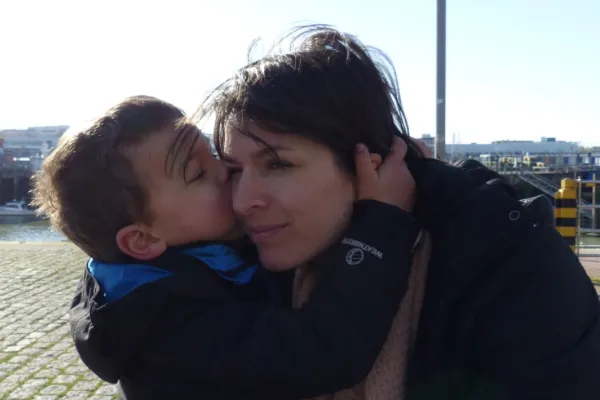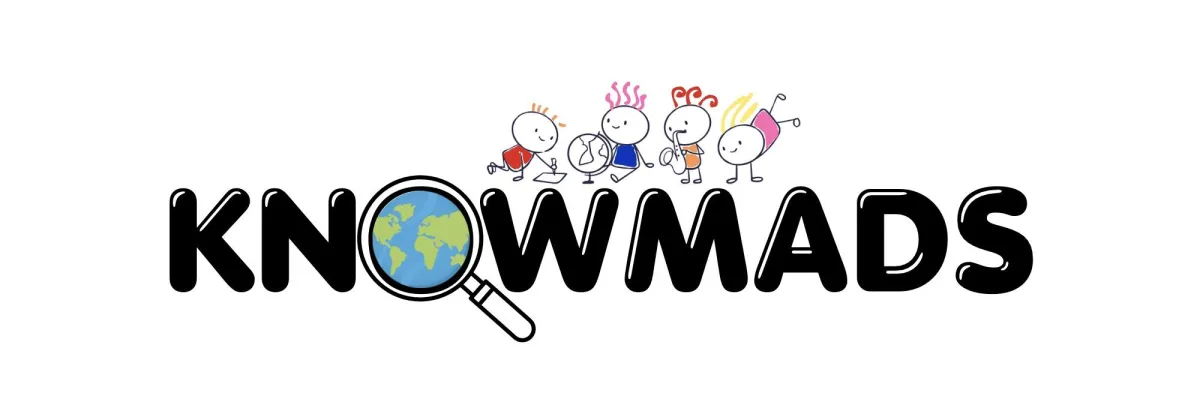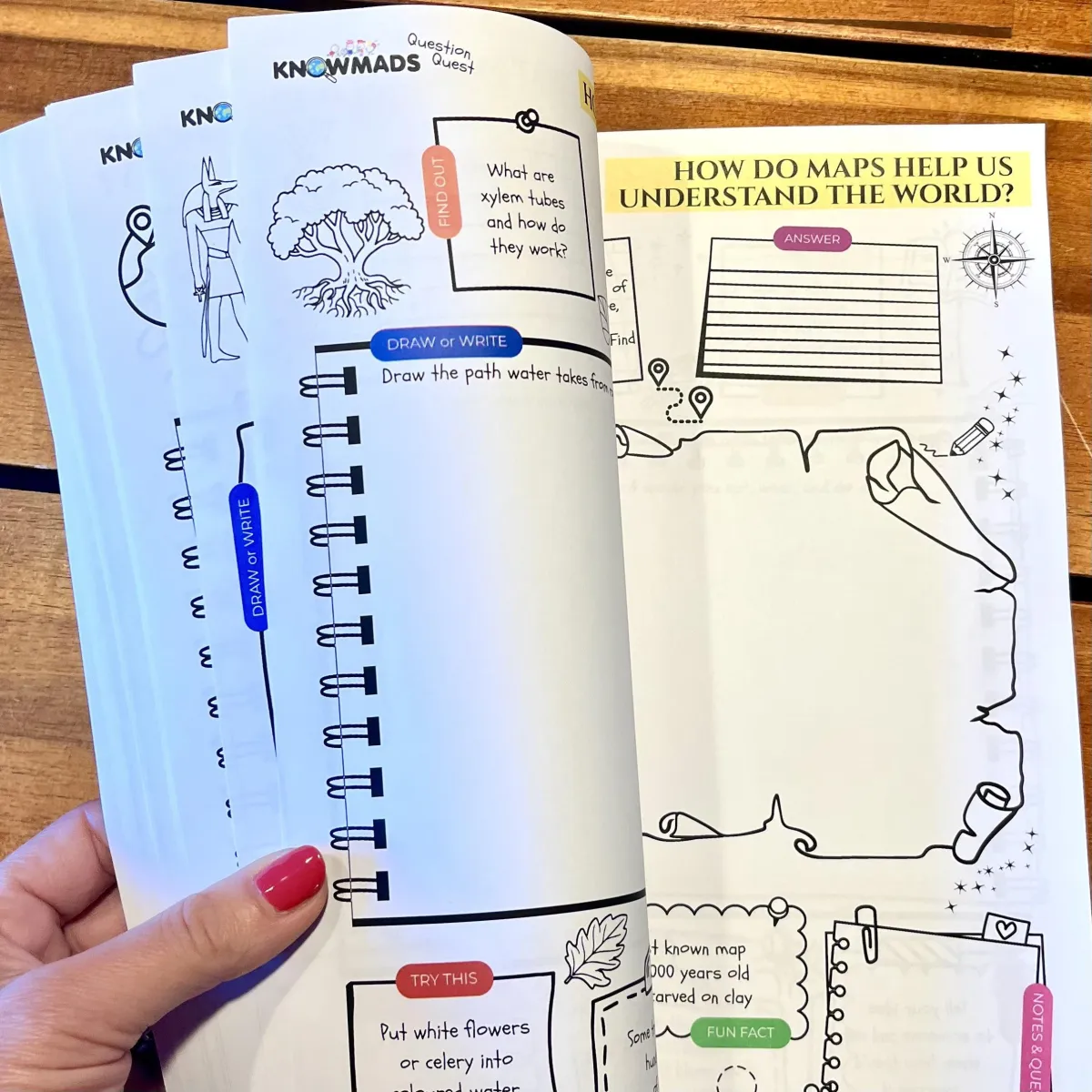
5 Things I Wish I’d Known When Starting Our Home-Ed Journey
Looking back, I wish I could sit my younger self down — you know, the exhausted one worrying if she was doing enough, googling “home education planner” at 1am while surrounded by half-printed worksheets and the faint smell of cold tea — and whisper a few things in her ear.
Because the start of our home-ed journey was full of love, but also a fair bit of stress.
I tried to do it right, which (at the time) meant trying to do everything. Perfectly.
(Spoiler: I couldn’t.)
If you’re just beginning, or even if you’re a few years in and still feeling a bit "wobbly", here are five things I wish I’d known from the start:
1. You don’t have to recreate school at home
I genuinely thought I had to create a full day’s timetable, complete with colour-coded subjects, morning assembly, and a break time bell (okay I didn’t go that far, but I did try to make them sit at the table at 9am sharp like tiny Victorian office workers, oops).
Turns out, home education is not school at home — and that’s the whole beauty of it.
You get to build something that works for your family. Learning on the sofa is still learning. So is baking, gardening, wandering through museums, and deep chats in the car.
Once I let go of the school mindset, things got lighter — and a lot more fun.
2. Curiosity is more powerful than any curriculum
I spent ages comparing curriculum and unit study options. I thought choosing the “right” one was the secret to being a successful home-ed mum. But the truth? The best learning we’ve ever had didn’t come from a curriculum. It came from following curiosity.
The Viking phase, the dinosaurs obsession, the endless documentaries about farming and construction machines — it all started with one question. One spark. When kids are curious, they’ll learn far more than you could ever plan for.
Curriculums are helpful tools. But they’re not the goal. Curiosity is.
3. There will be gaps — and that’s OK
This one took a while to accept. I used to worry constantly about “missing something important.” I mean, what if I forgot to teach them fractions? Or capital cities? Or something crucial that would ruin their entire future?
Here’s the thing: no education — not even school — is gap-free. What matters is teaching kids how to learn, so they know how to fill in those gaps later, when they actually need the information.
And honestly? Some “gaps” just turn out to be space for future passion projects.
4. You don’t need to do it all, all the time
I thought I had to be the teacher, chef, cleaner, emotional support animal, and curriculum designer — seven days a week. No wonder I burnt out.
The truth is: consistency matters more than intensity. You don’t need to do all the things every day. Some days you’ll smash it with hands-on science and an inspired art project. Other days, you’ll call it a win if everyone eats toast and nobody cries.
Both days are valid.
(And yes, screen days can be educational. Here, I said it.)
5. You are enough — even when it doesn’t feel like it
Oh, this one. I wish I could go back and give myself a hug and a nap and a permission slip that said: “You don’t have to be perfect to give your child a beautiful education.”
Home education is a relationship, not a race.
It’s about connection, not performance.
And you don’t need to be an expert in everything — you just need to love your child, stay curious, and be willing to learn alongside them.
You’re allowed to make mistakes. You’re allowed to grow. And you’re doing better than you think.
So if you’re just starting out… or still feeling a bit "wobbly"
You’ve got this. Not because you’ve figured it all out (no one has), but because you care. That’s the most important ingredient.
So make yourself a cuppa. Put the highlighters down. Take a deep breath.
This journey doesn’t require perfection, just presence, patience, and a bit of faith in the process.
And maybe a dragon costume, depending on the day.


